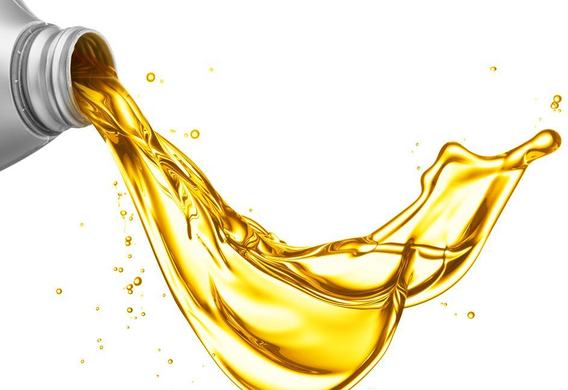The long-lasting performance of your hydraulic machines depends on the quality of the hydraulic fluid you use in the machine. There is no rocket science to decide which lubricates will be the best suited for your hydraulic machine -it all depends on the hydraulic system & application and viscosity grade. Above all, the most confusing part of this entire episode is that there are various but different types of hydraulic lubricant available in the market and all products may not be optimal for the hydraulic application.
So, all we need to do is collect information about the hydraulic system so that it will help us choose the right hydraulic fluid based on the application.

When it comes to hydraulic oil selection, two basic things have to be taken into account -the hydraulic oil type and the viscosity grade. Besides the given specifications, the selection of oil is also determined through the type of hydraulic pump installed in the system and application. Apart from that, there are many other factors including base oil type, overall lubricant quality, and performance properties required to make the right choices.
Therefore, we have focused on all the required factors which influence hydraulic oil performance.
Viscosity Requirements: The first thing required in the process of lubricant selection is pump design types and viscosity grades. Hydraulic systems are equipped with three main designs of pumps which include vane, gear, and piston. Basically, pump designs vary from one another because they are developed for certain activities and tasks. Therefore, while selecting the lubricant, you need to focus on the pump type.
Let’s Understand the Designs of Each Pump Separately;
Vane Pump: The vane pump is designed with rotors with slots arranged around the rotating shaft. The vane pump ensures smooth functioning and low noise, though the pressure capability can be a bit low too. In fact, fixed displacement designs are used in the vane pump. At the same time, the vane pumps are relatively expensive as compared to other pumps, but they compensate you by providing steady flow.
Piston Pump: Pumps for hydraulic machines are either fixed or variable displacement types. A piston pump comes under the category of variable and it is the middle-of-the-road hydraulic pump. These types of pumps are more durable than the vane pumps. Concurrently, it is capable of doing heavy industry work because it produces 6,000 psi high pressure.
Gear Pump: Gear pumps are basically in two types -internal and external gear and both come under the fixed displacement category. Besides, the gear pumps are simple and used in most of the hydraulic machines. Meanwhile, they are economically fit for everyone’s requirements because they need less maintenance as compared to other types of pumps.
There are two main types of gear pumps -external and internal gear. The external pump comes enabled with two gears which mesh and push oil around the outside of the gear while the internal gear is commonly found in automotive oil pumps. They are differently set up -an external gear rotor connects through the internal gear to function. They have easily maintained gear pumps, however, they come with a limited viscosity range -up to 300 CST. Besides, the internal gear offers a wide range of viscosity choices up to 2,200 cSt which enables the pump to provide high efficiency and smooth operation by producing high pressures up to 3,500 psi.
Different Types of Oil
There are various types of lubricant based on the applications, hence making choices regarding the suitable oil could be a tough task. Therefore, we have gone through a few expertly suggested tips to help you choose the right oil.
Mono Grade Oil: Mono grade oil or multiple grade oil is used when the hydraulic system requires low temperature. It helps the application maintain the viscosity grade.
Detergent Oil: Detergent oils are best suited for the mobile hydraulic system because they are smaller in size. The best advantage of the detergent oil is that it emulsifies water content.
Anti Wear Oil: To maintain lubrication, the anti-wear oil is used mostly in the engine, and Zinc Dialkyl Dithiophosphate as a hydraulic fluid.
At last, we have put through all the required information which will help you decide the best optimal for your hydraulic system.
